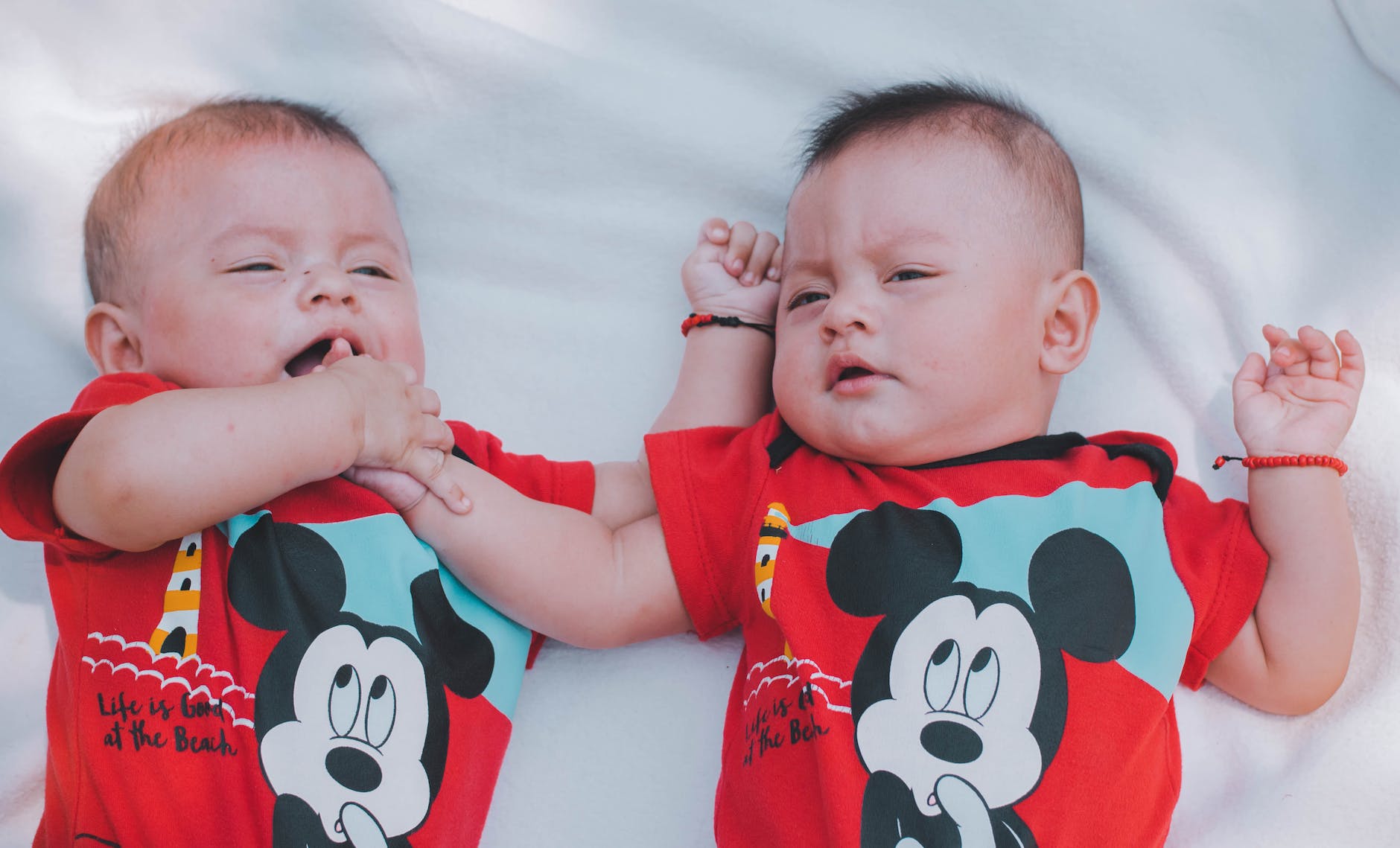
Babies
Allergies are normal in babies. They’re common reactions as their bodies are still small and developing. For example, they may suffer from nasal congestion without being sick because their nasal passages are still relatively narrow.
They also get skin allergies as their skin adapts to a new environment. They’re typically caused by things they touch or grab (typically at four months), solid foods (typically after six months), and even small particles they inhale or touch at home or outdoors.
Although harmless in babies, allergies should be dealt with immediately. If left untreated for a long period, they can potentially result in complications as bad as life-threatening respiratory issues.
See A Pediatrician ASAP
Note that antihistamines can’t be given to children under six years old. These drugs are the first-line treatment for allergies, but they may cause babies to suffer from dizziness, incoordination, respiratory depression (i.e., slow and ineffective breathing), coma, and even death.
That’s why it’s highly advised to see a doctor as soon as possible when allergic symptoms in babies are noticed. Alternatively, seek medical advice over a phone or video call if unable to go to the hospital in person.
Another reason consulting a doctor is recommended is because allergies in babies are more complex to determine than in older kids and adults. If parents misdiagnose and wrongly use a medicine, they’ll likely unintentionally worsen their baby’s condition.
Opt to see a pediatrician, a medical doctor (MD) specializing in treating infants and children. They’ll help you discover gentle allergy medicine for infants and prescribe appropriate baby-friendly products.
Can They Be Safely Treated At Home?
Image Alt Text- gentle and Effective Allergy Medicine for Infants – Discover
Landing Page- https://drtalbots.com/products/infant-daily-allergy-relief
In most cases, allergic reactions in babies are mild, so parents and caregivers can treat them at home. However, as mentioned, this is only recommended as a first-aid treatment and shouldn’t done for an extended period without a doctor’s advice and prescriptions.
Safest Natural Home Remedy: Water
Using hot or cold water is the safest way to relieve a baby’s allergy reactions. However, their tender skin is 20-30% thinner and very sensitive, so the water should neither be too hot nor too cold.
For baths, a temperature of 37-38°C (98.6°F) is safe for most babies. It also reminds them of floating in the womb since it’s the same temperature as a mom’s internal organ. This helps them feel calmer and relaxed despite the discomfort they feel from their allergies.
Additionally, a hot bath can help open babies’ airways and clear their nasal congestion, helping them breathe better. It can also help wash away any potential allergens stuck on their hair or skin.
Apart from baths, here are other ways to safely use water to treat babies’ allergies at home:
- A cold compress can be used to relieve babies’ itchy eyes. Use a cold, wet washcloth and gently place it over their eyes. Alternatively, use an ice pack but wrap it in a towel to control the cold temperature. Either way, use a cold compress over their eyes only for a few seconds but repeatedly. Note that prolonged exposure to it may cause frostbite on the eyelids.
- A warm compress can be used to soothe sinus pressure. This is typically due to blocked nasal passages. If the sinuses can’t drain, they may cause painful inflammation in the head, nose, and face, which may happen in babies. To relieve this pressure, start by giving them a hot bath to remove allergens and applying a warm compress on their forehead or nose.
- Steam inhalation can be used to clear congested sinuses. This can be done by taking babies to a steam-filled bathroom or letting them inhale steam from a bowl of hot water. Breathing in moist helps babies breathe better by loosening the mucus inside their chest, moisturizing their nasal cavity, and preventing dried-up mucus from blocking their airways.
As mentioned, these hot and cold water treatments only give “temporary” relief in “mild” allergic reactions in babies. They shouldn’t be used for a long time and on severe or sudden symptoms, such as:
- Fussiness, Irritability, or Inconsolable crying
- Coughing
- Wheezing
- Tight throat and hoarseness
- Trouble breathing, such as shortness of breath
- Skin changes, such as turning pale, red, or blue and getting hives
- Swelling of the tongue or lips
- Difficulty swallowing
- Vomiting
- Diarrhea
- Dizziness or fainting
If these symptoms occur and the other mild allergic reactions persist, immediately go to the hospital and seek medical help. Anaphylaxis, an allergic reaction that happens rapidly and severely, can happen at any age, including in infants. Without immediate medical help, it can be deadly.
Final Thoughts
Allergies are common in babies, but they can be life-threatening to them. Being prepared and aware of the different allergic symptoms and how to treat them can save their lives. If unaware, self-learning online can help, but consulting your healthcare provider is safer and better for your baby.






